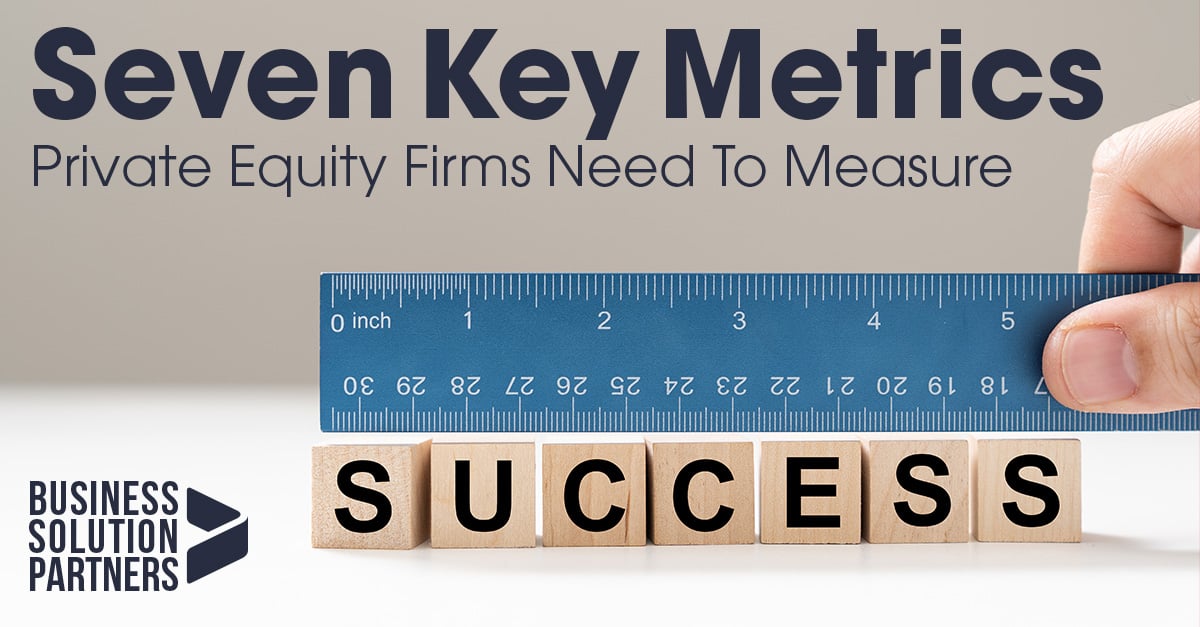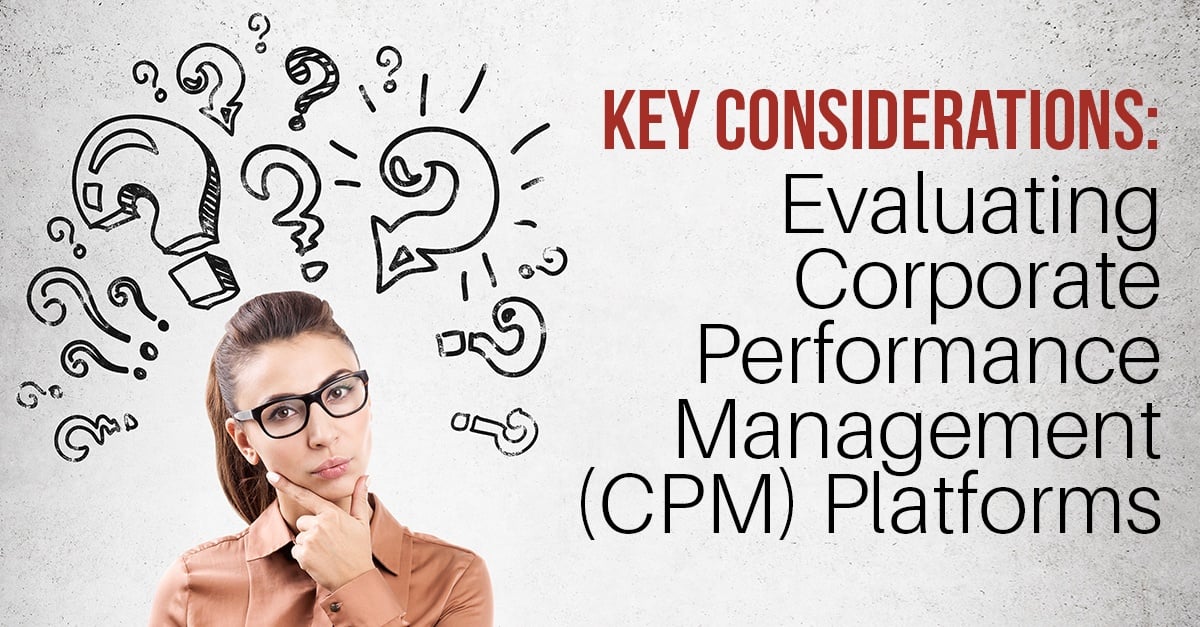Portco Pain and the NetSuite Prescription
[3 Minute Read] Private equity (PE) firms face a range of challenges when managing their portfolio companies, which can be broadly classified into...
2 min read
Anthony Meshnick
:
Apr 3, 2023 12:44:31 PM

[Est. Read Time - 2:50] To ensure they meet their targets, private equity firms track a range of key performance indicators (KPIs) to measure the performance of their investments.
Some of the most common KPIs that private equity firms track include:
To track these KPIs and others, private equity firms often use enterprise resource planning (ERP) software like NetSuite ERP.
NetSuite ERP is a cloud-based software solution that helps businesses manage their financials, supply chain, and operations. It provides real-time visibility into a company's financial and operational performance, making it easier for private equity firms to track their portfolio companies' KPIs.
One of the main benefits of NetSuite ERP is that it provides a single source of truth for a company's financial data. Private equity firms can use this data to create reports and dashboards that track their portfolio companies' performance against their KPIs. This can help them identify trends and potential issues before they become significant problems.
NetSuite ERP also provides advanced forecasting and budgeting capabilities. This allows private equity firms to create detailed financial projections for their portfolio companies, helping them to make informed investment decisions. Additionally, NetSuite ERP can automate many routine accounting tasks, freeing up time for private equity firms to focus on strategic initiatives.
In conclusion, private equity firms track a range of KPIs to measure the performance of their portfolio companies. NetSuite ERP can help these firms track these KPIs and provide real-time visibility into a company's financial and operational performance.
With NetSuite ERP, private equity firms can make informed investment decisions, identify potential issues early on, and improve the overall performance of their portfolio companies.
Business Solution Partners is a 5 star NetSuite Solution Provider with over 30 years of experience and over 400 successful NetSuite deployments. We have the knowledge and expertise to help our customers successfully implement and manage NetSuite in order to meet their objectives.
Having worked with many private equity firms and their portfolio companies and being private equity backed ourselves we know firsthand what’s important to you and we’re committed to being a true partner, from licensing to implementation to ongoing training and support.
Schedule a 15 minute executive summary to discover how Business Solution Partners is helping firms like yours achieve more with NetSuite.

[3 Minute Read] Private equity (PE) firms face a range of challenges when managing their portfolio companies, which can be broadly classified into...

Your financial planning and analysis (FP&A) team has finally gotten the green light to move beyond Excel spreadsheets and improve FP&A by...

It’s an exciting time to be in finance. FP&A teams are in a unique position to provide strategic guidance to decision-makers, and financial modeling...